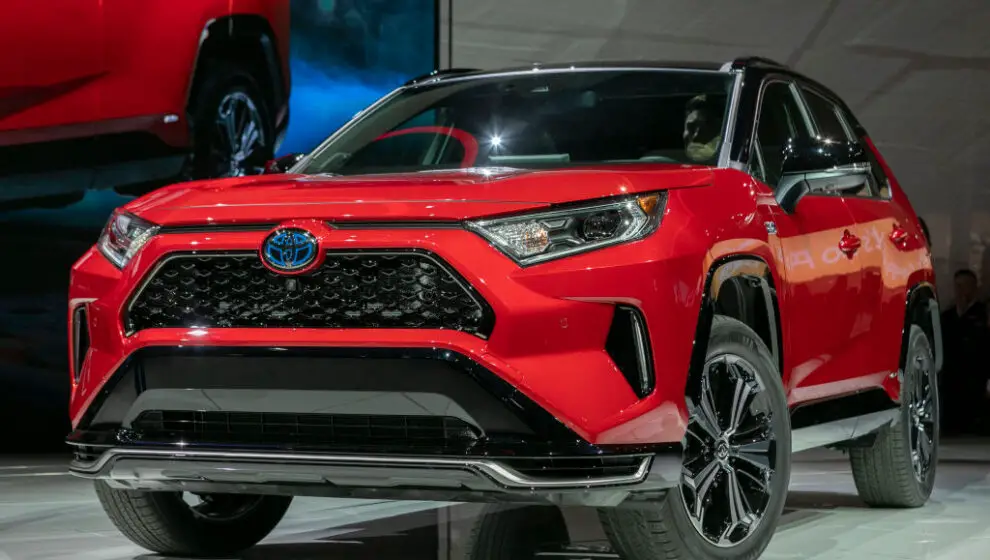Toyota’s new electric vehicle (EV) could double the range of current models on the road if it can follow through on its promise.
Key Details
- The Japanese automaker announced an ambitious goal of creating an EV with a range of more than 600 miles.
- Former Toyota CEO Akio Toyoda stepped down in January, a sign that the company could start focusing on EVs since Toyoda had historically been hesitant to invest in the new sector.
- As the world’s largest automaker, Toyota’s presence in the market could be a game changer for EV manufacturers.
Why it’s news
Previously Toyota has been somewhat hesitant to fully invest in EVs, focusing instead on developing hybrids, plug-in hybrids, and hydrogen models, Axios reports.
The new president of Toyota’s EV factory, Takero Kato, announced that the company is looking to develop an EV with a range of 1,000 kilometers—620 miles. The short range of most EVs is one of the significant factors stopping widespread EV adoption. If Toyota can overcome this obstacle, more consumers may embrace EVs.
Currently, the longest range on an EV is around 400 miles from a single charge. More commonly, EV models have a range of 250 to 350 miles, Axios reports.
Backing Up a Bit
One of the obstacles to achieving long-range EVs is the limitations of current batteries. However, Toyota says that it has made strides in advancing solid-state batteries. This newer type of battery is commonly viewed as the next generation of EV batteries. They will likely replace the current liquid-based lithium-ion batteries.
Toyota’s previous goal was to sell 3.5 million “electrified” vehicles by 2026. This goal included hybrids, EVs, hydrogen fuel cells, and plug-in hybrids. The company has adjusted its plan to sell 1.5 million battery EVs by 2027.
As one of the first automakers to develop hybrid vehicles like the Prius, it was unlikely that Toyota would ignore EVs for very long. With other competitors jumping into EV development, those in the automotive industry never expected Toyota to sit on the sidelines.
“Whenever anyone said, ‘Oh, Toyota’s lagging on EVs,’ I always cautioned them: You don’t know what’s going on in their labs,” Cox Automotive executive analyst Michelle Krebs. “What’s pretty clear now is they’re going public with some of the work they’ve been doing.”
One of the other obstacles to widespread EV adoption in the U.S. is the lack of infrastructure for EVs. The U.S. battery supply chain, while growing, is not fully established yet. Because of this, Toyota will continue selling a mix of hybrid and fully electric vehicles.
